We are in the month of August.
I want to pay some special tribute to three great Nigerians that have done great things for and in Nigerian sports. The first two are still alive and kicking, superlative football heroes that have their footprints on the sands of time. The third passed on several years ago.
ATERE – Foundation stone!
The first is Fatai Atere. He celebrated his 48thofficial birthday on August 1, 2019. Remember him? He was a member of Nigerian’s football team at the first FIFA Under-16 Tournament that took place in China in 1985. He was to lead that team two years later. That team recorded a remarkable victory, one that helped to create the foundation for future achievements by Nigerian teams. That victory in 1985 ignited a fire in Nigerian boys at home and became a psychological impetus, the take-off point of self-belief by successive Nigerian teams that they could also win a world competition in football. After that, winning the World Cup proper became a possibility only waiting to happen. Fatai Atere later moved to the United States to pursue his education rather than pursue a professional career in football. He was decorated with the national honour of Member of the Order of the Niger (MON) by the federal government and a major street in Lagos was named after him, an everlasting legacy to a great football player and national captain.
PAPILLO – King Kanu
It took 7 years after the China-success for the anticipated impact of the 1985 victory to become manifest. When it did, it became the start of a most glorious era for Nigerian football. At the FIFA /JVC Under-17 Championship in Japan 1993, history was repeated, this time more forcefully and convincingly. Although that team was led by Wilson Oruma, the real pearl and heart of the team was a gangly, 15-year-old, 6ft 5inches tall boy who was to become the most celebrated football player in Nigeria’s history. His name is ‘Papillo’ Nwankwo Kanu. The 1993 team became world champions at the Championship in Japan. Some of the stars from the team moved up to form the fulcrum of the Under-23national team that went to the Atlanta Olympic Games three years later, played some of the best football in the world that year, and created not just big upsets but also stamped Nigerian style of football (all attacking, with power, speed and skills down the flanks) definitively on the world football map. They became the first African national team to win the Gold Medal of the Olympic Games. ‘Papillo’ led that troop. Kanu won the award of Africa’s Best Player twice in that period, went to three World Cups, won the UEFA Champions League, UEFA Cup, EPL, and FA Cup amongst others. He had a very successful career in Europe with Ajax, Inter Milan, Arsenal FC, West Brom, and Bournemouth. Papillo Nwankwo Kanu celebrated his official 43rd birthday on August 1, 2019. He was also decorated with the national honour of Member of the Order of the Niger, MON, and is Nigeria’s, UNICEF’s and CAF’s International Football Ambassador. I salute Fatai and Kanu on their birthdays!
CHIEF S.B. Williams – class and style!
As I was writing about Atere and Kanu, a name sprang at me from the archives of Nigerian football, the name of a man who was very instrumental to the major successes recorded in the 1990s but who has never been acknowledged or celebrated for his unprecedented and unmatched service to Nigerian sports. Chief S.B Williams, the father of Kojo Williams, one-time Chairman of the Nigeria Football Association, passed on in 1997. In life, Chief Williams was of a quiet, unassuming, complete gentleman, a man of class and style. He never got due credit for being the main architect of the success stories of Nigerian sports in the 1990s. Yet, he was the unseen ‘puppeteer’ pulling the strings and making things to happen in sports during that great era of Nigerian football of the 1990s. The sports products planted in the late 1970s and throughout the 1980s by Isaac Akioye and co, started to bloom and yield dividends in the early 1990s, and Chief Williams was on hand to nurse, nurture and navigate the blossoming athletes through the challenges created by the entrance of Dr Adamu, who appeared to be lost in the labyrinth of the sports architecture of the original visionaries of Nigerian sports when he took over. Chief Williams was very close to the corridors of power. He was a contractor to the military, and close friends with General Ibrahim Babangida, General Sani Abacha and Admiral Augustus Aikhomu. He was at different times a member of the NFABoard, Chairman of the Board of the National Sports Commission, and Chairman of the Local Organising Committee for the World Youth Championship in 1995. But all the time he was a committed friend to sports and sportspersons. He was the person that singlehandedly brought Clemens Westerhof to Nigeria. He hired the Dutchman for the national team and, for a while paid, him directly from his purse. Clemens’ reported a close relationship with the Vice-President at that time, the myth that he had unfettered access to the Presidency and unlimited funds to drive the Green Eagles, was actually Chief S.B. Williams pulling the strings, providing the funds and leading Westerhof by hand through the corridors of power. Chief Williams funded several national teams’ travels and bore several expenses across several sports, teams and events. He never took credit for anything, always quietly intervening without any noise and asking to be acknowledged. He sponsored many athletes on a scholarship to the United States for their studies, especially track and field athletes. He became very powerful within the international sports circle, cultivating close friendship with CAF and IOC leaderships. Although born in February of 1929, I have chosen to pay him this humble tribute in August alongside two of his football ‘sons’, Fatai and ‘Papillo’, whom he loved very dearly. Continue to rest peacefully, beloved Chief Sebastian Babatunde Williams.
A new Minister of Sports!
This new month a new sports minister will ride the saddle of Nigerian sports. From the list of all the over 40 nominees for position of minister screened this past week by the Senate, the feeling within the sports fraternity is that there is no standout person for sports, once again demonstrating government’s lack of full appreciation of the specialist nature of sports and the vital need of the sector for a leader that knows the terrain, has the qualifications and experience, and understands the sensibilities of sports. It is sacrilegious for some of us that sport lies in the third tier of the civil service, and is not considered a priority. It will take a person grounded in its nuances to make a good case for it to be moved up the status-ladder and made to achieve a lot more for the country than medals and trophies. Whilst welcoming the new Minister I urge him to consider the following:
1. enquire about the essential benefits of reviving the National Sports Commission with a board of quality stakeholders to complement him in proper sports development in the country.
2. study the roles and responsibilities of the different bodies in sports and how he can relate and successfully work with each one without upturning the entire structure.
3. study the funding of the different aspects of sports so that government can be well-guided into taking up and funding the aspects of its statutory responsibilities to Nigerians, and NOT buy into the cheap claim that government should hands-off sports and their funding.
4. be wary of the ‘experts’ that will besiege his office and start another round of providing advice that will only lead down the old slope of non-development and endless crisis.

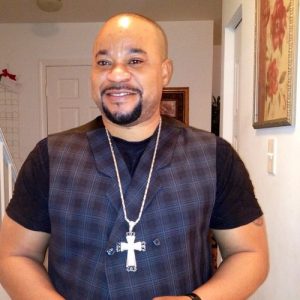
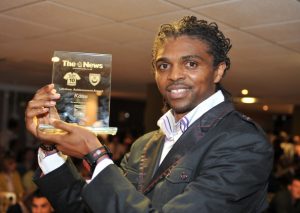
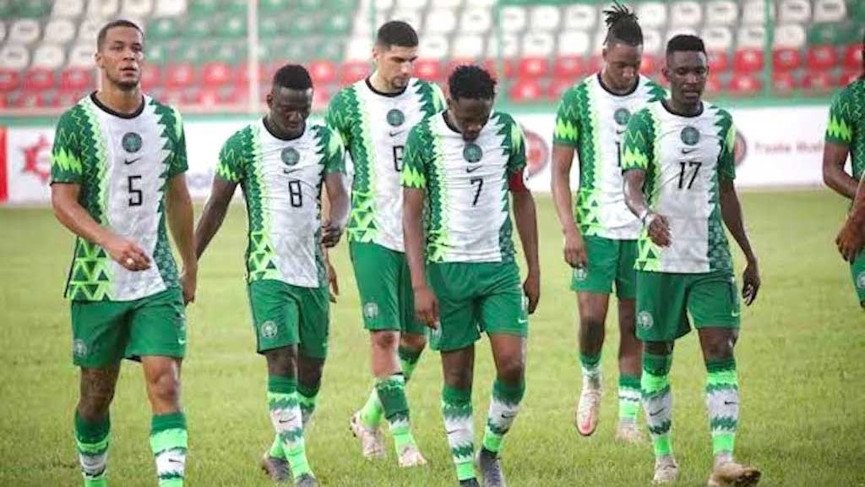
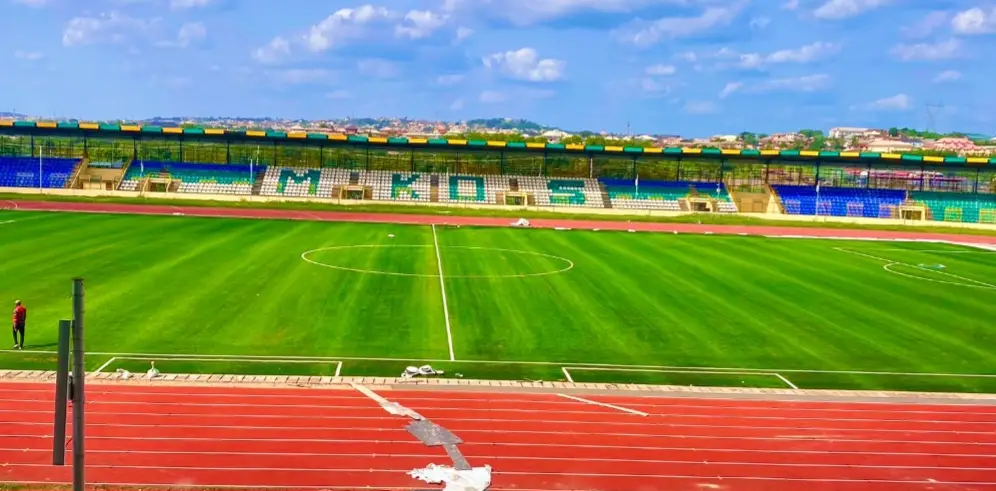
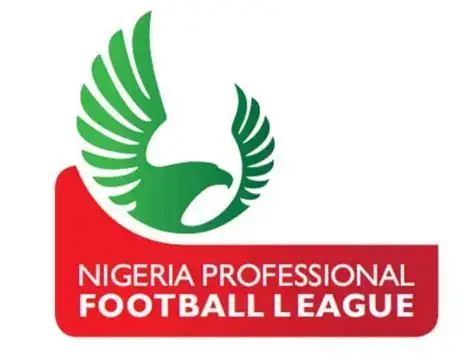
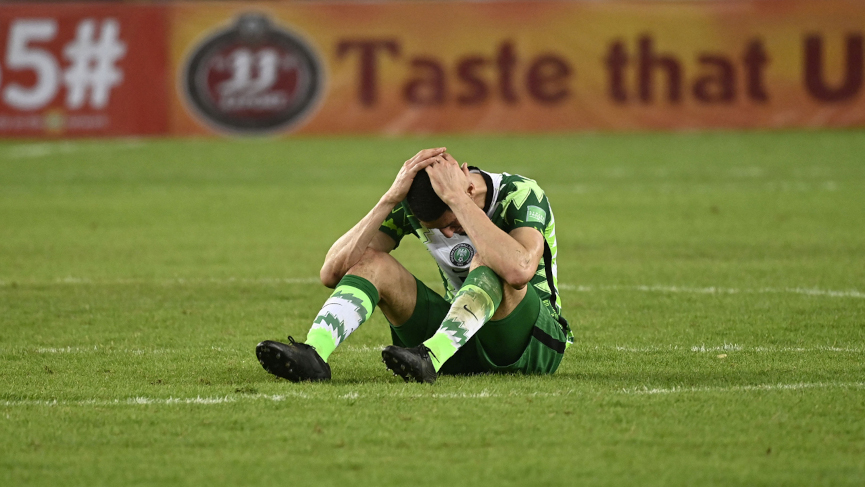



Hi Wole,
You are absolutely right. Fatai was in the 1985 team and was captain two years later. Apologies.
Correction sir, Nduka Ugbade was that team’s captain and not Fatai Atere.